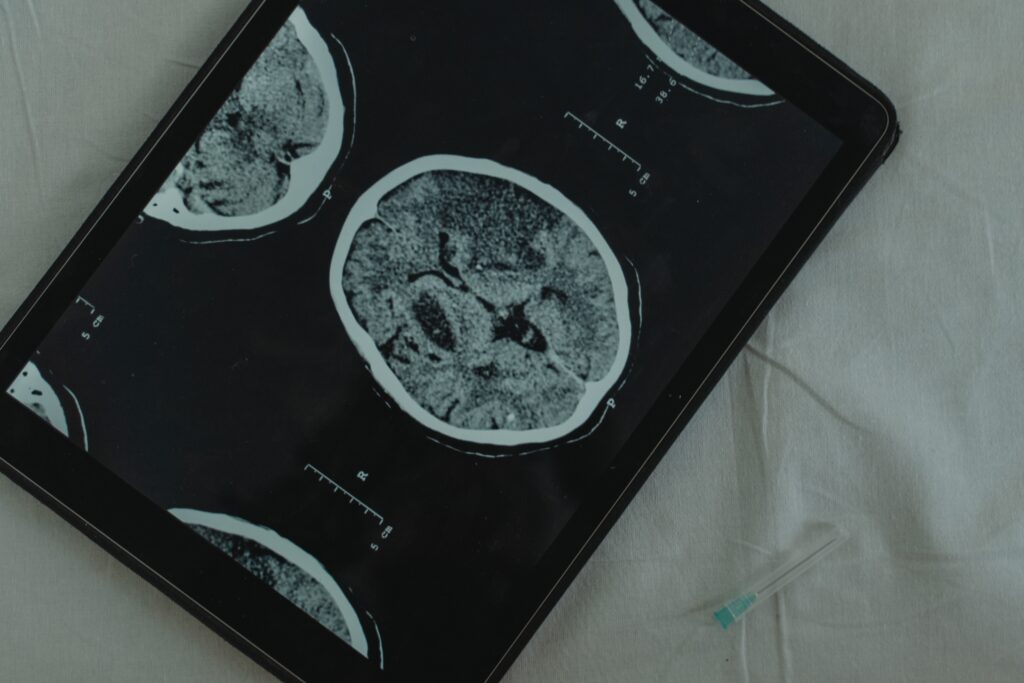🚀 Are pharmaceutical companies’ DTC telehealth partnerships reshaping healthcare for better or worse?
Recent findings from the “DTC Investigation 2025” report reveal key insights into the high prescription rates and potential risks of these digital platforms operated by giants like Pfizer and Eli Lilly. Alarmingly, inadequate clinical safeguards raise questions about patient safety, prescribing practices, and cost implications.
Dive into this critical discussion about the intersection of digital health and pharmaceutical practices, and explore what it means for the future of patient care.
#SyenzaNews #DigitalHealth #HealthEconomics #HealthcarePolicy




